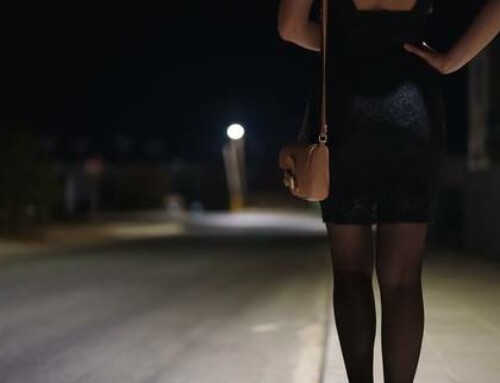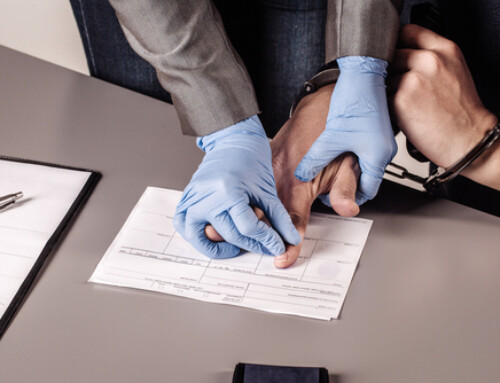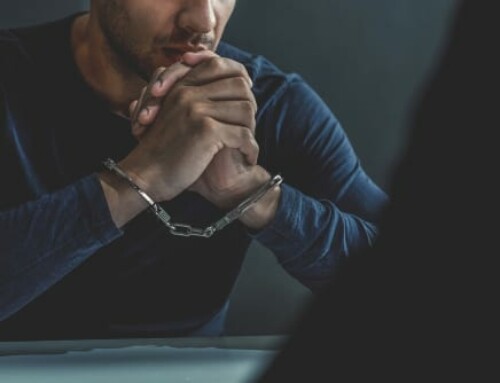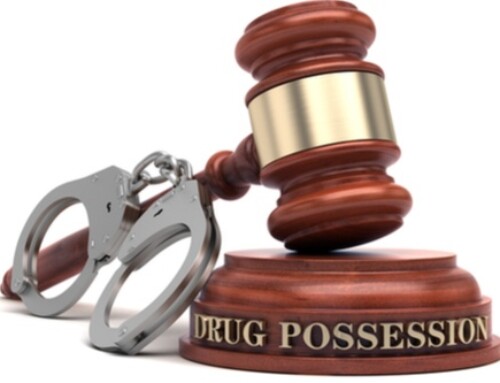dNews of Americans facing prosecution for minor drug possession continues to surface. Even with the legalization of marijuana in many states across the country, the fact that it is a schedule 1 controlled substance creates a legal nightmare for those caught with even a gram. For example, in 2016, an Oregon teen was arrested and charged for possession of one gram of marijuana even though the state legalized the drug for medical and recreational use. Although the individual, in this case, was offered a plea deal, such action will ruin his chances of getting student loans, finding employment, and even renting an apartment. The fact is that the criminal justice system creates more problems by prosecuting minor drug violations that, in many cases, do not warrant a criminal approach. This is especially true in states like South Carolina, where unlawful possession is still prosecuted.
The failed war on drugs
President Richard Nixon, in 1971, declared war on drugs that increased funding to federal agencies tasked with drug enforcement. Furthermore, prosecution included mandatory sentences and tighter control on illegal substances. Afterward, Ronald Reagan continued the attack on users and marked the beginning of the era of high incarceration rates. By the late 1990’s, nonviolent drug offenses grew from 50,000 to over 400,000, where a disproportionate number of minorities including African-Americans and Hispanics ended up behind bars. By the mid-1980’s, a zero-tolerance policy further increased those in jail for committing drug crimes that did not include violence. These policies crossed party lines and continued for decades. Finally, in the last few years, the world began understanding the negative effects of a flawed war on drugs that has criminalized non-violent offenders.
In 2013, Uruguay became the first country to legalize marijuana. Along with Uruguay, other countries have followed including several states in the United States. Even though public opinion has changed radically on marijuana and the personal use of illegal substances, some states like South Carolina continue the criminalization of drug use. However, the public is beginning to look at drug addiction as a health problem and not a criminal issue that warrants jail time. Nevertheless, drug possession charges are still hampering the dreams of young people who are charged, tried, and convicted of minor drug-related offenses. Currently, over 700,000 people are arrested each year for marijuana. More than half a million spend time in jail for violating drug laws.
These types of crimes steal futures away from individuals who make a simple mistake. Those with criminal records find it difficult to obtain housing or employment. Furthermore, those with prior convictions are automatically disqualified from receiving student financial aid for education. This ultimately creates a system that generates more crime and poverty while increasing the need to fund the expansion of correctional facilities to house those who committed the crime of possessing a controlled substance. Therefore, it is imperative for those charged with committing drug-related crimes to retain legal counsel and fight the indictments.
Sensible drug policies
According to the American Civil Liberties Union (ACLU), there were 8.2 million marijuana-related arrests made between 2001 and 2010, where 88 percent were simple marijuana charges. The cost of enforcing just marijuana is over 3 billion dollars a year. However, the investment has not paid off given that use and availability of the drug remain the same. The Bureau of Prisons estimates that almost half of inmates are in jail on drug offenses. Therefore, the government and law enforcement are using a large number of resources paid for by taxpayer dollars on enforcing an expensive and failed policy that will create more financial instability for individuals with criminal pasts. The argument can be made that simple drug charges that lead to indictments and sentencing will cause more crime as these individuals will be faced with less opportunity than other Americans.
Experts agree that the drug addiction problem is best fought with treatment and prevention options. In the case of marijuana, the legalization in medicinal and recreational use throughout many states is reducing the stigma. Yet, in South Carolina, possession of marijuana is still a misdemeanor and punishable by a fine or jail time. Multiple offenses can carry stiffer penalties that include years in jail. The state is more restrictive than others, and there does not seem to be any plans to decriminalize or legalize the use and possession of cannabis or other drugs.
Contact Our North Charleston Criminal Defense Lawyer at Deaton Law Firm
Although it is time for more sensible drug policies, those accused of a crime do not have the virtue of time and must act quickly. Do not let your dreams disappear by an unfair drug charge. Contact our criminal defense lawyer at the Deaton Law Firm now and let us fight for your future!






